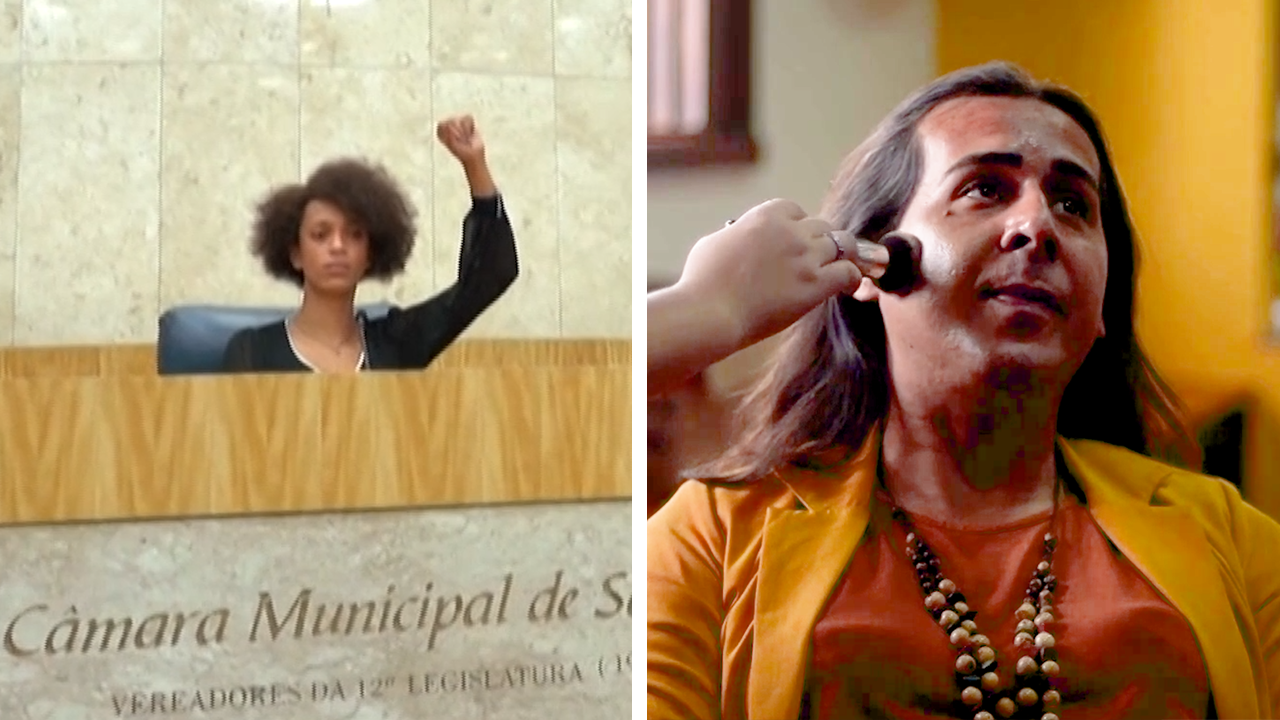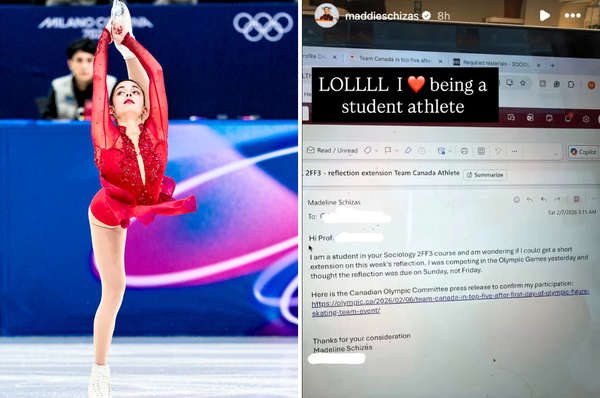These Two Brazilian Trans Women Have Made History As The First Trans Lawmakers In The Congress
In a first for the country, Brazil has elected Erika Hilton and Duda Salabert as their first transgender women lawmakers during the country’s general election on Sunday, October 1.

In a first for the country, Brazil has elected two trans women, Erika Hilton and Duda Salabert, as lawmakers in the country’s general election on Sunday Oct. 1.
They were part of the record number of 324 LGBTQ candidates who ran for office after four years under far-right president Jair Bolsonaro.
The election of 29-year-old Hilton from São Paulo and 41-year-old Salabert from the southeastern state of Minas Gerais has been a welcome win for the leftist movement in Brazil.
Hilton and Salaber have been prominent activists and served as city councilors before being elected to Congress, according to Spanish news outlet El Pais.
Hilton ran under a campaign of fighting for LGBTQ rights, education and social housing, as well as addressing domestic violence in Brazil.
“We have the challenge of getting people to recognize that our political project is not just for travesti and transsexuals or for the LGBT community,” Hilton told Reuters.
Travesti is a term commonly used in Latin America for people assigned male at birth but who prefer to dress as a woman.
Salabert, meanwhile, ran under a campaign to tackle environmental issues, including diversifying the economy and reducing the use of pesticides.
Both candidates faced serious life threats during the election period, with Salabert receiving at least five threats in the past month.
“I try not to naturalize armored cars, vests and the prosaic fact of not being able to go to the bakery alone anymore. In my heart I ask myself: Until when? Does it take little to overcome this phase or is it just the beginning?” Salabert wrote on Twitter.
Brazil is one of the most dangerous places for LGBTQ people. At least 300 LGBTQ people were killed last year, with more than 100 victims being transgender, according to LGBTQ rights organization, Grupo Gay de Bahia.
Current president Bolsonaro has sparked controversy for his homophobic and transphobic comments.
The election has also seen a record number of Indigenous women running for office in Brazil in a bid to increase Indigenous representation.
During the general election, neither leftist candidate and former President Luiz Inacio Lula da Silva and Bolsonaro won the majority of votes and both candidates will face off in a second round of elections on Oct. 30.




